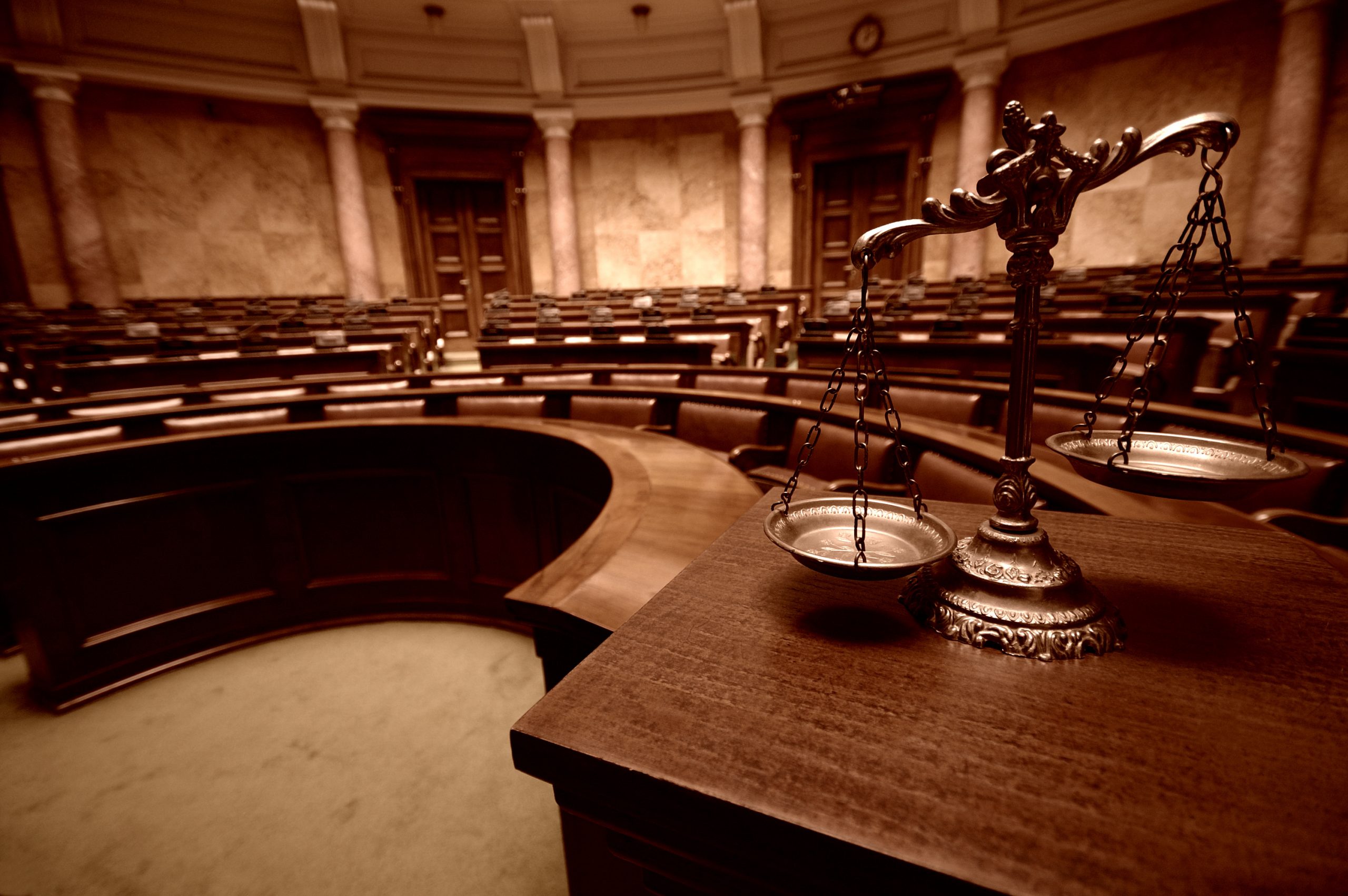Abortion rights, women of color, and LGBTQIA+ people are under attack. Pledge to join us in fighting for gender justice.
The Real MVP of June Medical: The Lower Court Judge


Last month, the Supreme Court, in June Medical Services v. Russo, struck down a Louisiana law that imposed a medically unnecessary and burdensome requirement on abortion providers. As a Louisiana native, this ruling means a lot to me. It means a lot to all Louisiana residents who support safe and legal access to abortion. Living in one of the most vocally anti-abortion states in the country, we live in constant fear that our right to make decisions about our own bodies and lives will be stripped from us. Thankfully, in June Medical, a plurality of the Supreme Court did what it was required to do – blocked a law that would make abortion care inaccessible for most Louisianans. (In case you need a refresher on the June Medical opinion, check out this blog.)
Something that particularly struck me about the Supreme Court decision is just how important district court judges are in the outcome of a case. Both Justice Breyer’s plurality opinion and Justice Roberts’ concurrence heavily relied on Middle District of Louisiana’s Judge deGravelles’ factual findings to overturn the Louisiana law.
District courts often do not get as much attention as circuit court judges or Supreme Court justices. However, these judges usually have the final say in a case because only a small percentage of cases make it to the circuit courts, and significantly fewer make it to the Supreme Court.
If a district court judge doesn’t have the final say, as in the June Medical case, the district court judge’s opinion carries throughout the life of a case on appeal. When a case is appealed, appellate judges are supposed to accept the facts of the case as found by the district judge. The only thing appellate judges can reconsider is the district judge’s legal reasoning based off the findings of fact. And even then, the appellate judges can only overturn this legal analysis if what the district court judge found was clearly erroneous.
For example, as a judge based in Louisiana, Judge deGravelles was in the best position to make many detailed factual findings that reflected the reality of the harm this law would have on Louisiana women. After over a year of factfinding, Judge deGravelles’ 116 page decision found that, if this law were to take effect, only one clinic and one abortion provider would be left to serve the 10,000 Louisiana women who seek abortion care per year. He also found that approximately 70% of these women would end up being denied access to abortion care.
Ignoring long established judicial principles and disregarding the district court’s meticulous fact-finding, the Fifth Circuit allowed this Louisiana law to go into effect in June Medical. Thankfully, the Supreme Court corrected course. In striking down the Louisiana restriction, Justice Breyer’s plurality opinion thoroughly cited Judge deGravelles’ findings, making clear the critical role of district court judges. Further, Chief Justice Roberts’ begrudgingly sided with the four Justices to strike down the law, noting in his concurrence that he did so because of two factors: precedent and the absence of clear error in the district court’s factfinding.
All this to say: district judges are important to determining our most fundamental rights. Trump and Senator McConnell understand the power district court judges have, and that is why they are trying to cram so many through the Senate confirmation process. These nominees are outwardly hostile to our fundamental rights. District court judges, like all federal judicial appointments, are lifetime appointments. Long after Trump and McConnell leave office, these judges will still be churning out decisions, potentially putting their ideology before the law. Without fair and impartial judges in these positions, the erosion of our reproductive rights could be exponential.
Although June Medical struck down one law restricting abortion, the future of abortion rights is not secure. With states across the country passing abortion restrictions ranging from waiting periods to all out bans, the fight to maintain access to abortion will continue in the coming months and years. Fair district court judges are especially important to me and people like me in Louisiana, because they will be the only thing standing between us and these laws that aim to take away our reproductive rights. The entire outcome of June Medical could have been different if the lower court judge had been an anti-abortion extremist who would insert their personal biases into their decision making. From the bottom up, we must remain vigilant and ensure that extremist anti-abortion judges have no place in our judiciary.




